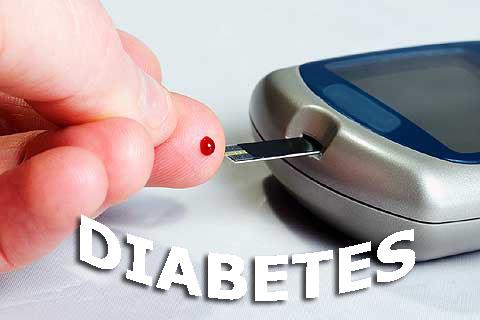Remembering Sally Ride
This week, America morns the death of Sally Ride. In case you haven’t heard of sally Ride before, you should know that she was a role model and hero to many young girls and women everywhere. Sally worked as an educator and a physicist. But what made her life so exceptional, was because in 1983 she boarded the space shuttle Challenger, (the challenger’s launch ended in disaster in 1986) and became the first American woman to travel into space.
Sally Ride 1951-20012
The cause of Sally Ride’s death is contributed to pancreatic cancer. Unfortunately, medical science has not found a way to detect pancreatic cancer while it is in the early stage. That makes treatment practically nonexistent during the time when treatment is crucial. Because of this fact, most people who find out that they have pancreatic cancer, unfortunately will usually have only about 6 short months to live.
This is because when it is discovered, it has progressed to other areas on the body, making it impossible to successfully treat or cure.
Possible risk factors concerning pancreatic cancer are:
- Genetics tendency. It is believed that 5% to 10% of people with pancreatic cancer also have an immediate family member who suffered with this disease. This seems to hold true, although there has been no pancreatic gene discovered.
- Diabetes. People with diabetes are not necessarily more likely to get pancreatic cancer but the two have been linked.
- Smoking. Cigarette smoking is another risk factor for pancreatic cancer. However 10 years after a person quits smoking, the risk diminishes to that of someone who never smoked.
- Obesity and inactivity. In a medical study conducted with a group of nurses, Those who are obese and inactive are more likely to develop pancreatic cancer. And those who were more active were also far less likely to get pancreatic cancer, when compared to those who did not exercise at all.
- Diet. A diet high in fat and meat is another risk factor for pancreatic cancer. A diet rich in fruits and veggies has shown to decrease the risk of pancreatic cancer. But there are other studies that suggest that the diet is no risk factor for pancreatic cancer at all. Personally, I’d rather avoid any possible risk by eating a healthy diet.
- Lycopene and selenium. According to studies, low levels of these nutrients have been detected in people who developed pancreatic cancer. Although that is not enough proof alone that low levels of these nutrients cause pancreatic cancer. A diet that rich with lean meat and red and/or yellow vegetables should provide sustaining levels of lycopene and selenium.
As you can determine from what I’ve written as a result of my research, the chances for developing pancreatic cancer perhaps is not fully known. But we should treat our bodies with love and respect. Eat a healthy diet, maintain a healthy body weight, and exercise regularly to preserve our overall health; then we will reduce the risk of pancreatic cancer and other health problems.
Healthy trails to you.
Carolyn




